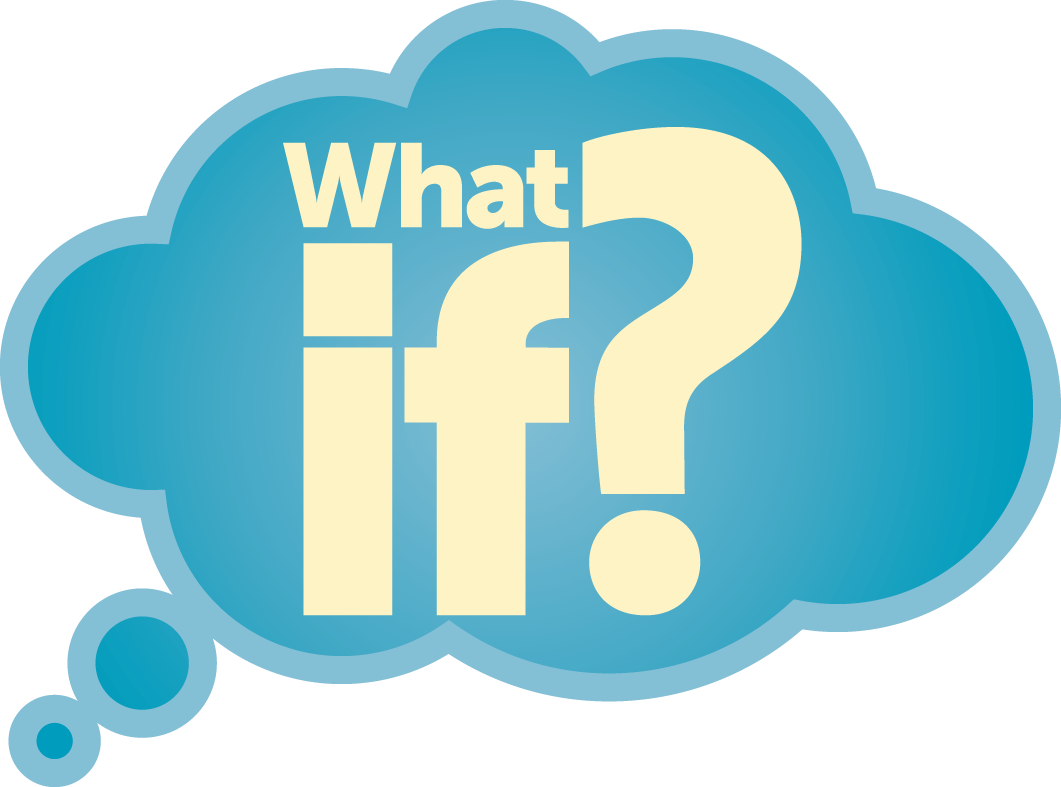 That is the question Clinks asked when framing our review of 2014, and it remains at the forefront of my mind. If we are going to make a case for the voluntary sector’s role in criminal justice, we need to be sure that we can articulate what it does that is so vital and important. Sometimes it can help to visualise what you would lose, rather than what you can gain, to wonder ‘what if…?’. This can focus our minds on what difference the voluntary sector, or your organisation, can make and why it matters.
That is the question Clinks asked when framing our review of 2014, and it remains at the forefront of my mind. If we are going to make a case for the voluntary sector’s role in criminal justice, we need to be sure that we can articulate what it does that is so vital and important. Sometimes it can help to visualise what you would lose, rather than what you can gain, to wonder ‘what if…?’. This can focus our minds on what difference the voluntary sector, or your organisation, can make and why it matters.
The question makes me wonder about the history of criminal justice reform; the present day delivery of services; the future developments required to better meet the needs of vulnerable communities, individuals and families. All in all, without the inspiration of communities, activists, campaigners, volunteers, and the development of charities as vehicles for challenge and innovation, we would probably have a Criminal Justice System that was less compassionate, less effective, less equal, and less connected with the people it’s trying to help.
At Clinks’ Annual General Meeting we asked our speakers to summarise what they were going to talk to us about, and asked them to reflect on this very same question. In the video below you’ll hear from a government official, a member of parliament, the private sector, Clinks’ Chair of trustees and our Director.
What do you think? What would the Criminal Justice System look like if there were no voluntary sector? What difference would it make? What difference do you make?
What's new
Blogs
Membership renewals 2026: what members need to know
Publications
Latest on X
The role is for a leader from an organisation focused on racially minoritised people, with expertise in service delivery, policy, advocacy, or related areas in criminal justice. Racial disparities are present at every CJS stage. This role ensures these voices are central in shaping policy to help address and eradicate them. Apply by Mon 18 Nov, 10am. More info: https://www.clinks.org/voluntary-community-sector/vacancies/15566 #CriminalJustice #RR3 #RacialEquity
